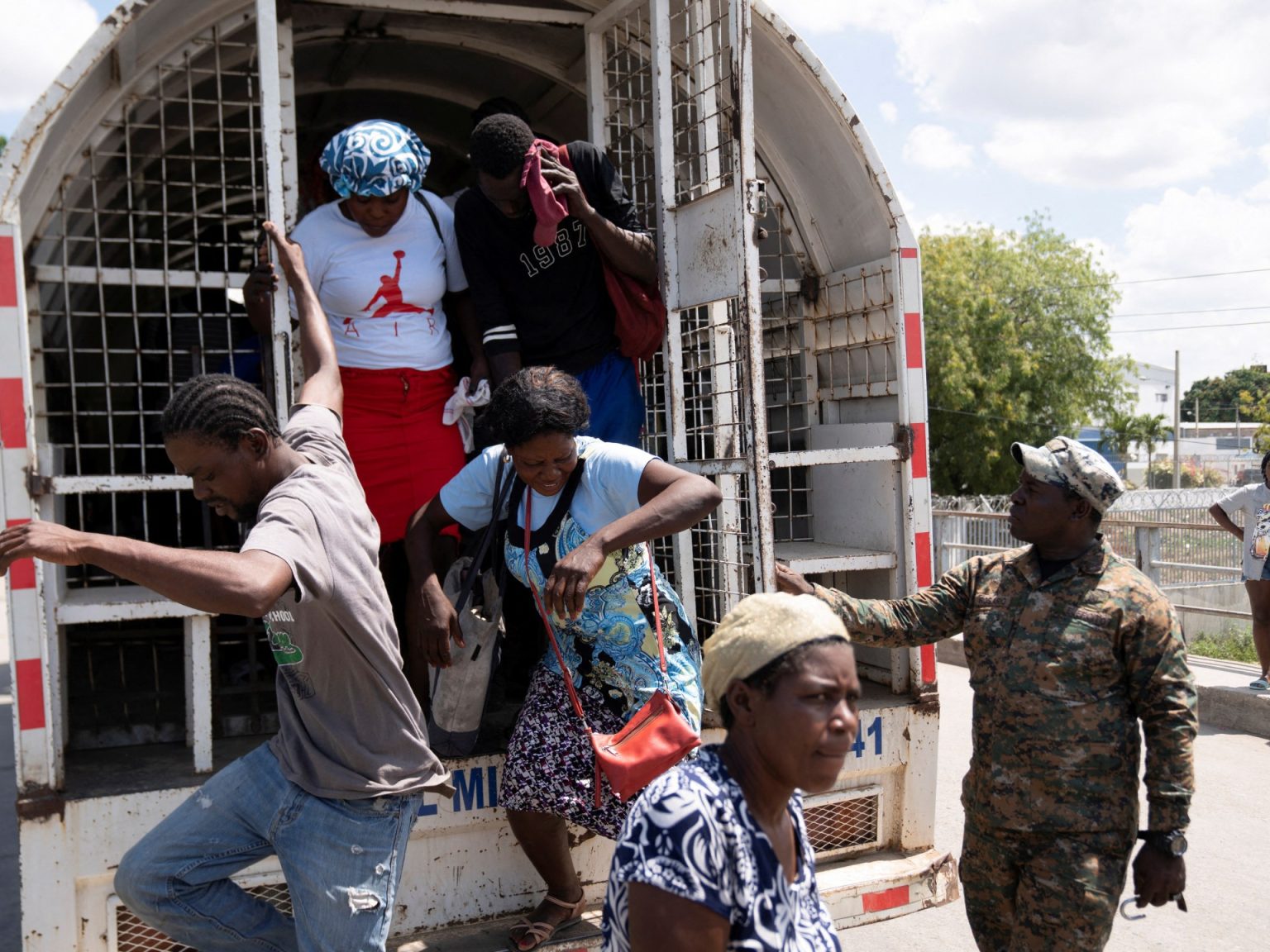The Dominican Republic has announced plans to expel as many as 10,000 Haitian migrants per week, despite the United Nations’ call to end forced returns to Haiti due to a surge in gang violence. The Dominican presidential spokesman, Homero Figueroa, stated that the operation aims to reduce migrant populations in Dominican communities and that the expulsions to Haiti would begin immediately. This decision comes in the wake of a report from the UN detailing over 3,600 deaths in Haiti in the first half of 2024 due to senseless gang violence.
Haiti has been plagued by violence for years as armed groups, often linked to political and business leaders, have competed for control over territory. The situation escalated significantly at the end of February when gangs attacked prisons and other state institutions in Port-au-Prince, leading to the resignation of Haiti’s unelected prime minister. Despite efforts by the UN-backed multinational police force, the gangs still control a significant portion of the capital. The Dominican government attributes the decision to expel Haitian migrants to the international community’s slow response in restoring stability in Haiti.
President Luis Abinader has taken a hardline stance against migration from Haiti, with 250,000 Haitian migrants expelled in 2023 alone. The newly announced plan would more than double that number over the course of a year, potentially surpassing the actual number of Haitians residing in the Dominican Republic. Many rights groups have criticized the expulsions, accusing the Dominican government of implementing a racist immigration policy that targets Haitian migrants. The historical tensions between the two countries have further exacerbated the situation, with accusations of racial profiling and discrimination.
The influx of Haitian migrants into the Dominican Republic has a long history dating back to the US occupation of Haiti in 1915. Despite many Haitians living in the country for decades, concerns about the “Haitianisation” of Dominican society persist. Critics argue that the Dominican government’s actions are resulting in the separation of families, including individuals born in the Dominican Republic who are being deported. The UN refugee agency has called on governments worldwide to refrain from deporting Haitians back to Haiti due to the escalating violence and human rights violations in the country.
UNHCR Director Elizabeth Tan emphasized the need to ensure the safety and protection of Haitians who may require international refugee protection and reiterated the call to avoid forcibly returning individuals to Haiti, even those whose asylum claims have been rejected. As the situation in Haiti continues to deteriorate, with over 700,000 internally displaced people and widespread hunger, the international community faces challenges in addressing the root causes of the crisis. The Dominican Republic’s decision to expel Haitian migrants further complicates efforts to provide assistance and protection to those in need.


